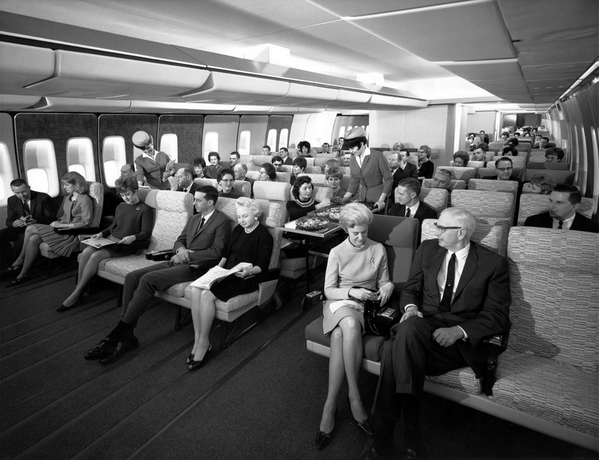Part of this is because I view Twitter as more of a news feed/informational tool than a tool for communication. It does a great job providing headlines and links to stories, cute pictures of animals and some very, very funny snark. However, as a forum for debate Twitter is all but useless.
The problem, as I see it, is that 140 characters doesn't allow one much room for context. The idea of a subtle argument, rather than just blindly charging forward with insults and non-sequiturs, is lost when thoughts are condensed to a blurb. Twitter is not about communication and more about information, much of it wrong. How wrong? There are many Twitter accounts claiming to tweet "facts" who post incorrect information over 50% of the time. In the world of the Internet, Twitter's factual accuracy ranks right up there with Wikipedia.
Then you have the anonymous nature of the platform. I've learned that people say crazy things when they believe they're shielded behind a shroud of electrons. A typical Twitter Argument might break down as follows:
Blogawful: 'I like the new BMW M6, looks nice and sounds awesome.'
STUD12Muffin: 'The Chevy Corvette is better, you suck asshole!'
Blogawful: 'I'm not a fan of the handling on the Corvette.'
STUD12Muffin: 'Clearly you're a ****. Tired of losing?'
Clearly this was made up, but I've experienced much of the same on almost any issue, politics, religion, sports, betting, food you name it. Express an opinion and there's always some angry Twitter user out there ready to regale you with their broad knowledge of curse words, and slim knowledge of the English language. "You suck" is the pinnacle of witty banter on Twitter. Snark, which is a lazy-person's weak attempt at satire or actual sarcasm, makes the Twitter world go-around. Snark has given us Rachel Maddow and other faux-witty commentators and it has reduced Dennis Miller to a shadow of his former (bitingly funny) self.
Snark has always been more a tool of progressives and the Left than it has the right. In part, because snark is fairly simple, anyone can do it, and also because snark is very hard to rebut in an intelligent manner. A reply to snark begets more snark which eventually leads to name-calling or something to allow the snarky one to claim a 'victory' which they can then quantify as one more notch on their Twitter headboard allowing them to put something along the lines of "humiliating conservatives for fun" in their public profiles.
The thing is, they do no such thing. Using snark to try and win an argument is like using a chicken to travel to California. Yes, you might eventually get there, but the chicken is going to play almost no role in the matter. As a matter of fact, the chicken probably will make your trip harder. The point of being snarky is to shut down, not foster, debate. People using snark are not confident in their facts, so they go on the attack. This is why snark is such a big tool for the AGW crowd, for Peak Oil theorists, New Urbanists and old media-trained Directors of Communication for local pols.
It also makes for some pretty depressing Twitter conversations.
All that said, snark does have it's place. It's very good when preaching to the choir, and it's good for short, throw-away commentary. While it won't win you a debate, it can be useful in helping to get the message across. Rachel Maddow, while not especially informative, does a very good job on her show communicating with the true believers on the Left, just as Rush Limbaugh does a good job communicating with those on the Right. They both used assumed fallacies to make their point in a snarky manner. The rubes suck it up, the world spins on with little accomplished.
I, for one, prefer satire and sarcasm to snark, but most of all I prefer not to engage with those whose mind has already been made up before the first word is said. If your default strategy is to belittle the credibility of your foil in lieu of making an argument? You're probably using snark. A bigger problem is that most don't understand the difference between satire, sarcasm and snark. So, for instance, when I term the extreme green movement "econmentals" to highlight that their position is, at it's heart, anti-human, people will say I'm using snark. A typical response might look like this:
"Yet you call the environmentalists "ecomentals" and that's OK *wink*"
This is the problem you find on Twitter all too often. There's nowhere to go with that statement that won't devolve into a flame-fest without the first mention of the fact that, in order for the green left's ideas to truly work, Billions of people are going to have to die. When confronted with that fact the practitioner of snark is going to quickly pull back with some kind of 'I won' statement or accuse you, without a hint of irony, of wanting to kill the poor.
This is a typical Twitter debate, and it's why I will not engage in them. As it states in the sub-title of this blog however: Your mileage may vary.

